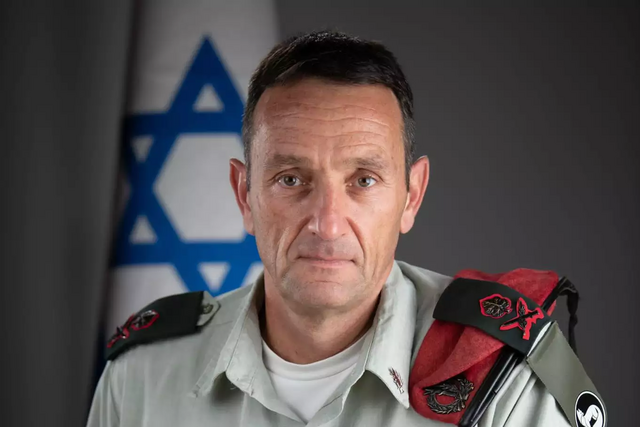In the wake of a devastating rocket strike on the Israeli-occupied Golan Heights, Israeli officials are navigating a delicate balance between retaliating against Hezbollah and avoiding a broader conflict. The strike, which killed 12 children and teenagers, has heightened tensions between Israel and Hezbollah, raising fears of a potential all-out war in the region.
Two Israeli officials, speaking on condition of anonymity, emphasized that while Israel seeks to punish Hezbollah for the attack, it aims to prevent the situation from escalating into a full-scale war. "The estimation is that the response will not lead to an all-out war," one diplomatic source stated. "That would not be in our interest at this point."
Hezbollah has denied responsibility for the attack, but both Israel and the United States have attributed the rocket strike to the Lebanese Shia militant group. The incident has added to concerns about the months of cross-border hostilities between Israel and Hezbollah spiraling into a broader conflict.
Israel's security cabinet convened in an emergency session following the attack, authorizing Prime Minister Benjamin Netanyahu and Defense Minister Yoav Gallant to decide on the timing and manner of retaliation. The decision underscores the high stakes involved and the need for careful consideration of the potential repercussions.
According to a report in the Yedioth Ahronoth newspaper, the response is expected to be "limited but significant," with options ranging from targeting Hezbollah infrastructure to hitting specific weapons depots or commanders. "We are seeing increased fire activity within the incident this afternoon," said Mark Brunton, operations section chief at the California Department of Forestry and Fire Protection, during a Sunday news conference.
The international community has been closely monitoring the situation, with U.S. Secretary of State Antony Blinken emphasizing the importance of preventing further escalation during a phone call with Israeli President Isaac Herzog. Germany has also called on all parties, particularly Iran, to help prevent an escalation of the conflict.
The conflict at the Israel-Lebanon border has already forced tens of thousands of people to flee their homes on both sides. Flights at Beirut's international airport have been canceled or delayed in anticipation of a possible Israeli response.
Hezbollah, an ally of the Palestinian group Hamas, has been engaged in rocket and drone attacks on Israel as part of its support for the Palestinians. The group has indicated that it will only cease fire when Israel's offensive on Gaza stops. Despite denying involvement in the latest attack, Hezbollah's actions have drawn sharp condemnation from Israel.
In response to the rocket strike, an Israeli drone strike killed two Hezbollah fighters in southern Lebanon, marking the first fatalities in Lebanon since the incident. The Israeli military also downed a drone that crossed from Lebanon into the Western Galilee area.
The ongoing hostilities have resulted in significant casualties on both sides. Israeli strikes have killed approximately 350 Hezbollah fighters in Lebanon and more than 100 civilians, including medics, children, and journalists. Since October, Hezbollah attacks have claimed the lives of 23 Israeli civilians and at least 17 soldiers.
The current hostilities between Israel and Hezbollah are the worst since their war in 2006. Both sides have shown a reluctance to escalate the conflict into a full-scale war, despite the increasing violence. Netanyahu, who cut short a visit to the U.S. to return to Israel, has promised that Hezbollah will "pay a heavy price" for the attack.




